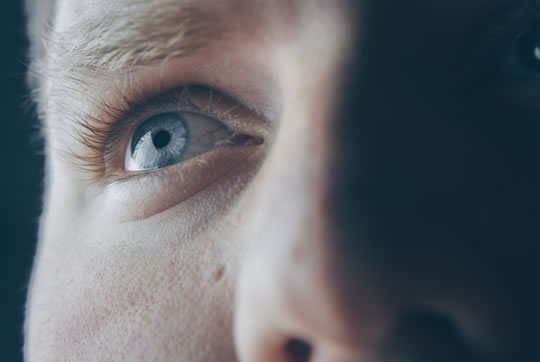A Sign Of Vitamin D Deficiency post image

A variety of vitamin and
mineral deficiencies have been linked to this problem.
Headaches and migraines can be
a sign of vitamin D deficiency, research finds.
Having an unexplained headache
once a week or more could be considered a problem.
A migraine, meanwhile, is a
type of severe headache in which typically one half of the head feels as though
it is pulsating.
It may also be accompanied by
nausea and vomiting.
Some people also experience
visual disturbances before the migraine begins.
A variety of vitamin and
mineral deficiencies have been linked to migraines.
This study also found that
deficiencies in riboflavin (vitamin B2) and coenzyme Q10 are linked to
migraines.
The conclusions come from
thousands of headache patients whose vitamin levels were measured.
Vitamin D deficiency was
particularly high in young men with migraines, the researchers found.
Coenzyme Q10 deficiencies,
however, were more likely in young women with migraines.
The study’s authors conclude:
“Neutraceuticals have been
widely used in migraine prevention. Deficiency in vitamins may be
related to the underlying pathophysiology and supplementation may help with
response to treatment. This suggests that a high
percentage of pediatric migraine patients in the general population may be
deficient in riboflavin, coenzyme Q10, vitamin D, and folate and when
identified as deficient, may benefit from supplementation of these vitamins.”
However, it is not yet clear
if supplementation will help the headaches, said Dr Suzanne Hagler, the study’s
first author:
“Further studies are needed to
elucidate whether vitamin supplementation is effective in migraine patients in
general, and whether patients with mild deficiency are more likely to benefit
from supplementation.”
About the author
Psychologist, Jeremy Dean, PhD
is the founder and author of PsyBlog. He holds a doctorate in psychology from
University College London and two other advanced degrees in psychology.
He has been writing about
scientific research on PsyBlog since 2004. He is also the author of the book
“Making Habits, Breaking Habits” (Da Capo, 2003) and several ebooks:
The study was study presented
at the 2016 annual meeting of the American Headache Society (Hagler et al.,
2016).
SOURCE: PSYBLOG
SOURCE: PSYBLOG
Comments
Post a Comment